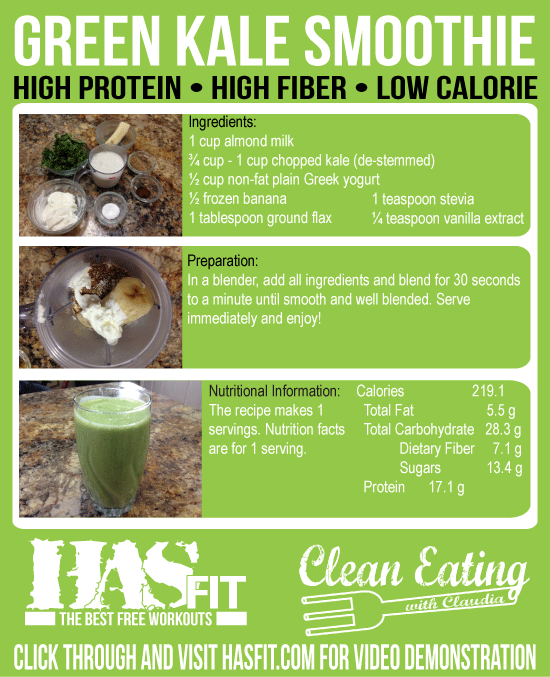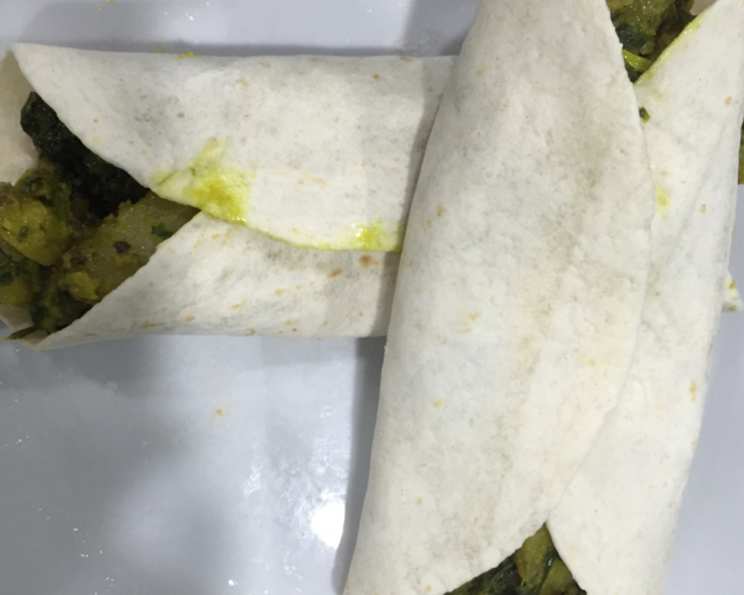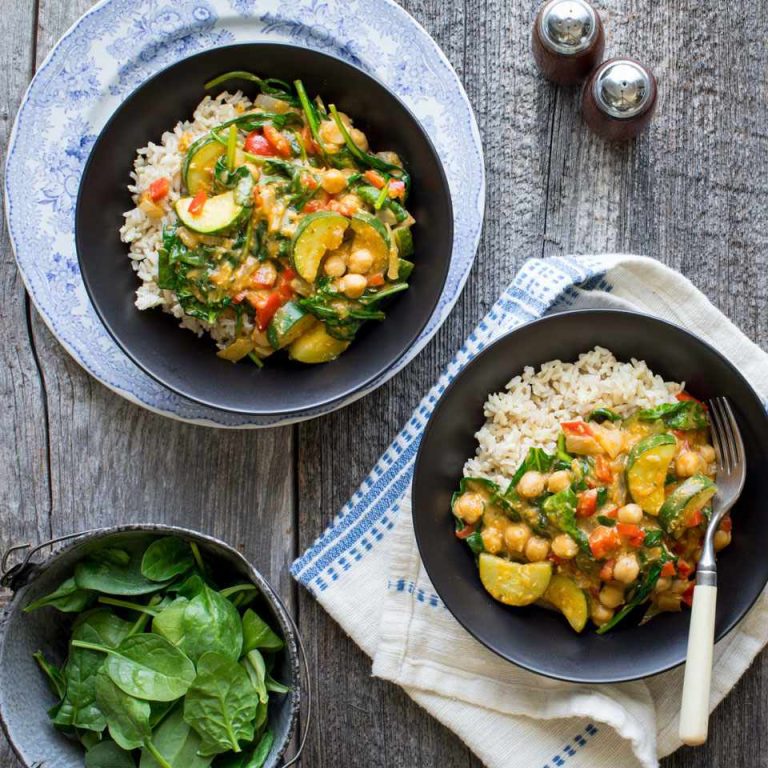Kale Smoothie Recipe and Nutritional Benefits
Kale is packed with essential vitamins and minerals. One cup of raw kale contains 206% of the recommended daily intake (RDI) of Vitamin A, 684% of the RDI of Vitamin K, and 134% of the RDI of Vitamin C. These nutrients support vision, immune function, and skin health. Additionally, kale provides antioxidants like beta-carotene and flavonoids, which protect cells from oxidative stress.
Enhances Fiber Intake
Kale is an excellent source of dietary fiber. One cup of raw kale offers about 2.6 grams of fiber, contributing to better digestion and prolonged satiety. Increased fiber intake can help regulate blood sugar levels and lower cholesterol. Including kale in your smoothie can make a significant impact on your daily fiber requirements. Examples of fruits high in fiber, like mangoes and pineapples, pair well with kale, enhancing the overall fiber content of your smoothie.
Tropical Fruits That Pair Well With Kale
Pineapple and Mango
Pineapple and mango, two tropical fruits rich in vitamins, pair excellently with kale in smoothies. Pineapples contain high levels of Vitamin C, essential for immune function and skin health. They also support digestion with bromelain. Mangoes, packed with Vitamins A and C, help maintain healthy skin and vision. Combining these fruits with kale enhances the flavor and boosts the nutritional profile of your smoothie.
Citrus Fruits
Citrus fruits, such as oranges and grapefruits, offer a tangy zest to kale smoothies. Oranges, rich in Vitamin C and folate, support immune health and cell formation. Grapefruits provide antioxidants that combat inflammation and improve overall health. Adding citrus fruits to your kale smoothie enhances taste while delivering essential nutrients.
Creating the Perfect Tropical Smoothie With Kale
Choosing the Right Proportions
Creating a balanced tropical smoothie with kale requires the right proportions of ingredients. Combine kale and tropical fruits in ratios that maintain flavor and nutritional benefits. Use 1-2 cups of kale for every cup of chopped tropical fruit like mango or pineapple. This ensures the smoothie stays rich in nutrients without overpowering the taste. Kale provides fiber and vitamins, while fruits add natural sweetness and extra nutrients like Vitamin C and A.
Optional Ingredients for a Flavor Boost
Adding optional ingredients enhances the flavor and texture of your kale-based smoothie. Include 1/2 cup of Greek yogurt for creaminess and protein. Add 1 tablespoon of chia seeds or flaxseeds for omega-3 fatty acids and extra fiber. Use 1/2 to 1 cup of coconut water for a tropical taste and added electrolytes. Incorporate a small piece of ginger (around 1 inch) for a spicy kick and anti-inflammatory benefits. Lastly, 1-2 teaspoons of honey or agave syrup can provide additional sweetness if desired, complementing the natural flavors.
Nutritional Breakdown
Vitamins and Minerals
A tropical smoothie with kale delivers essential vitamins and minerals crucial for optimal health. Kale is rich in vitamins A, C, and K. One cup of raw kale provides approximately:
- Vitamin A: 206% of the Daily Value (DV)
- Vitamin C: 134% of the DV
- Vitamin K: 684% of the DV
Adding tropical fruits like mango or pineapple further boosts the vitamin content. Mangoes are high in vitamin A and C. Pineapples are excellent sources of vitamin C. Here are the typical vitamin contributions from these fruits:
- Mango (1 cup, sliced): Vitamin A: 25% DV, Vitamin C: 76% DV
- Pineapple (1 cup, chunks): Vitamin C: 131% DV
These vitamins are essential for immune support (vitamin C), vision health (vitamin A), and blood clotting (vitamin K). Beyond vitamins, kale provides significant amounts of calcium, potassium, and iron. Tropical fruits also contribute additional potassium, ensuring a mineral-rich beverage.
Calorie Content
Calorie content in a tropical smoothie with kale can vary based on specific ingredients. On average, a basic recipe might include:
- Kale (1 cup): 33 calories
- Mango (1 cup, sliced): 99 calories
- Pineapple (1 cup, chunks): 82 calories
These values total approximately 214 calories for a base smoothie. If extras like Greek yogurt, chia seeds, or honey are added, caloric content increases. For instance:
- Greek yogurt (1 cup): 100 calories
- Chia seeds (1 tablespoon): 58 calories
- Honey (1 tablespoon): 64 calories
These additions can bring the total calories to about 436, combining nutrient density with energy provision. Tracking ingredient quantities ensures an optimal balance between taste, nutrition, and calorie consumption.
Conclusion
Crafting a tropical smoothie with kale is a delicious way to boost your nutrient intake. Combining kale with fruits like mangoes and pineapples not only enhances the flavor but also packs a powerful punch of vitamins and minerals. Remember to balance your ingredients to maintain a tasty and nutritious blend. Whether you add Greek yogurt for creaminess or chia seeds for extra fiber, your smoothie can be customized to fit your dietary needs. Enjoy experimenting with different combinations and relish the health benefits that come with each refreshing sip.





